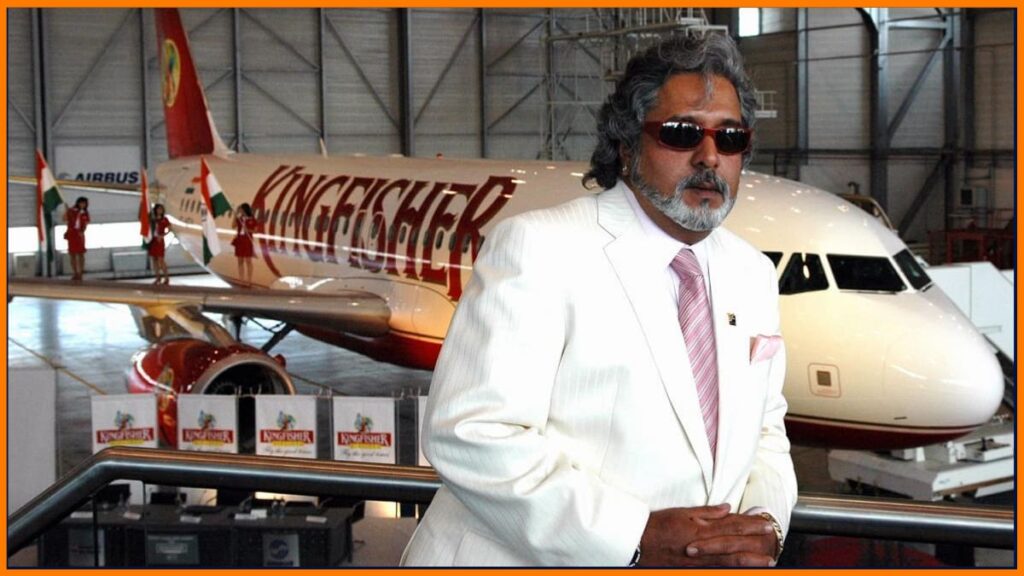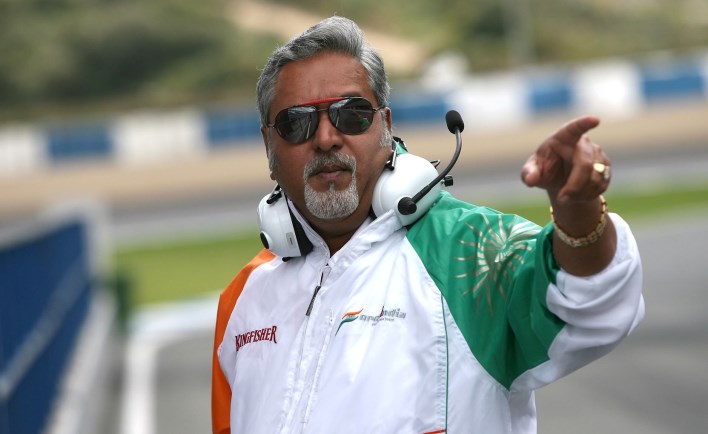Vijay Mallya, once hailed as the “King of Good Times,” built a sprawling business empire only to see it crumble under financial mismanagement and legal scrutiny. His journey from a celebrated entrepreneur to a fugitive offers a gripping case study in ambition, risk, and accountability. This article traces Mallya’s rise, the collapse of Kingfisher Airlines, his legal battles, and the lessons for aspiring business leaders.
Table of Contents
ToggleThe Rise of a Business Tycoon
Vijay Mallya inherited the United Breweries Group at age 28 after his father’s sudden death in 1983. Under his leadership, UB Group became India’s leading liquor conglomerate, with brands like Kingfisher beer dominating the market. Mallya’s charisma and flair for branding earned him a reputation as a visionary entrepreneur. His business acumen shone through strategic acquisitions, including Berger Paints, Mangalore Chemicals, and Shaw Wallace, diversifying UB Group’s portfolio.
By the early 2000s, Mallya was a celebrated business tycoon, rubbing shoulders with global elites. His investments in sports, including ownership of the Royal Challengers Bangalore IPL team and a Formula 1 team, cemented his image as a flamboyant leader living the high life.
Building an Aviation Empire
In 2005, Mallya launched Kingfisher Airlines, aiming to revolutionize Indian aviation with luxury services. The airline quickly gained traction, offering in-flight entertainment and gourmet meals even in economy class. By 2007, Kingfisher acquired Air Deccan, expanding into the low-cost segment. At its peak, it operated over 400 daily flights and held a significant market share.
The airline’s premium model clashed with India’s price-sensitive market, leading to unsustainable losses. High operating costs, coupled with the 2008 financial crisis, pushed Kingfisher into a financial tailspin.
The Kingfisher Airlines Collapse

Kingfisher’s downfall was marked by financial mismanagement and mounting debt. The airline accumulated loans exceeding ₹9,000 crore from 17 banks, often secured against inflated brand valuations. Mallya’s failure to manage cash flow led to unpaid salaries, fuel bills, and airport fees. By October 2012, Kingfisher ceased operations, leaving thousands jobless and creditors in distress.
Mallya’s lavish spending during the crisis, including investments in personal assets and sports ventures, which fueled public outrage. Banks declared him a “willful defaulter” for failing to repay loans despite holding significant wealth.
Legal Battles and Fugitive Status
In 2016, Mallya fled to the UK amid allegations of money laundering and fund diversion. Indian authorities, including the Enforcement Directorate and CBI, pursued charges related to ₹900 crore allegedly siphoned from Kingfisher to offshore accounts. Extradition efforts have been ongoing, with UK courts ruling in favor of India in 2019, though Mallya’s appeals have delayed his return as of 2025.
The business tycoon fugitive label has stuck, with Mallya’s legal battles keeping him in the headlines. His case has exposed weaknesses in India’s corporate governance and banking oversight, prompting reforms.
Public Perception: From Hero to Villain
Once celebrated as the “King of Good Times,” Mallya’s public image has shifted dramatically. Social media posts on X reflect polarized views: some admire his entrepreneurial spirit, while others criticize his alleged unethical practices. It is to be notes that how Mallya’s refusal to accept responsibility alienated stakeholders, turning him into a controversial figure.
Lessons for Business Leaders
Mallya’s saga offers critical lessons:
- Ethical Leadership: Transparency and accountability are non-negotiable in business.
- Risk Management: Overleveraging and unsustainable growth can lead to collapse.
- Financial Discipline: Prioritizing long-term stability over short-term glamour is key.
These insights are vital for entrepreneurs navigating competitive industries.
Read more about – The Slow and Steady Path to Sustainable Business Growth
Why Ignoring Finance in Business Decisions Could Cost You Big
Vijay Mallya’s journey from business tycoon to fugitive is a stark reminder of the fine line between ambition and recklessness. The Kingfisher Airlines collapse and his legal troubles highlight the consequences of financial mismanagement and ethical lapses. As India’s business landscape evolves, Mallya’s story remains a cautionary tale for leaders striving for success without compromising integrity.
FAQ Section
- Who is Vijay Mallya?
Vijay Mallya is an Indian businessman who led the UB Group and founded Kingfisher Airlines. He’s now a fugitive in the UK. - What caused the Kingfisher Airlines collapse?
Financial mismanagement, high operating costs, and ₹9,000 crore in debt led to Kingfisher’s insolvency by 2012. - Why is Vijay Mallya a fugitive?
Mallya fled to the UK in 2016 amid allegations of money laundering and diverting ₹900 crore from Kingfisher loans. - What is the status of Vijay Mallya’s extradition?
UK courts approved his extradition in 2019, but appeals have delayed his return to India as of 2025. - How much debt did Kingfisher Airlines owe?
Kingfisher owed over ₹9,000 crore to 17 banks, much of which remains unpaid. - What businesses did Vijay Mallya own?
Mallya led UB Group (Kingfisher beer), owned Royal Challengers Bangalore, and acquired Berger Paints and Mangalore Chemicals. - What lessons can we learn from Vijay Mallya’s downfall?
Ethical leadership, risk management, and financial discipline are crucial to avoid business failures. - Why was Vijay Mallya called the “King of Good Times”?
His flamboyant lifestyle and Kingfisher brand’s marketing earned him the nickname before his legal troubles. - How did financial mismanagement affect Kingfisher Airlines?
Lavish spending, unsustainable pricing, and poor cash flow management led to operational shutdowns. - What impact did Mallya’s case have on India’s banking sector?
It exposed weak lending practices, prompting stricter regulations for corporate loans.

